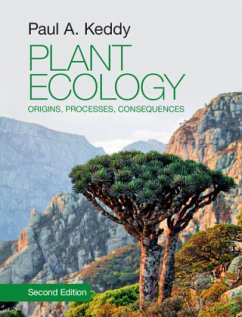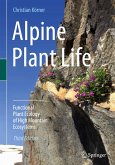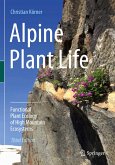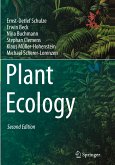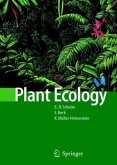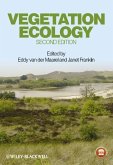Now in full colour, this much-awaited new edition of the book Plants and Vegetation provides a fresh and comprehensive approach to plant ecology. Keddy's clear and engaging text emphasises unifying underlying principles and processes, taking a global approach to the subject and engaging students in essential concepts through real-world examples.
'Keddy's Plant Ecology is a refreshing synthesis of the core concepts of the discipline. It is a remarkably readable book that is brimming with vivid stories about the central role of plants in the biosphere. This milestone in the canon of ecological literature pays homage to the previous generations of plant ecologists that built the field as we know it. The organisation is unconventional yet intuitive, the prose is animated yet enlightening, and the revised figures are both colourful and instructive. I highly recommend this book to anyone who wants to acquire a broad understanding of plant ecology.' Daniel Laughlin, The University of Waikato, New Zealand

